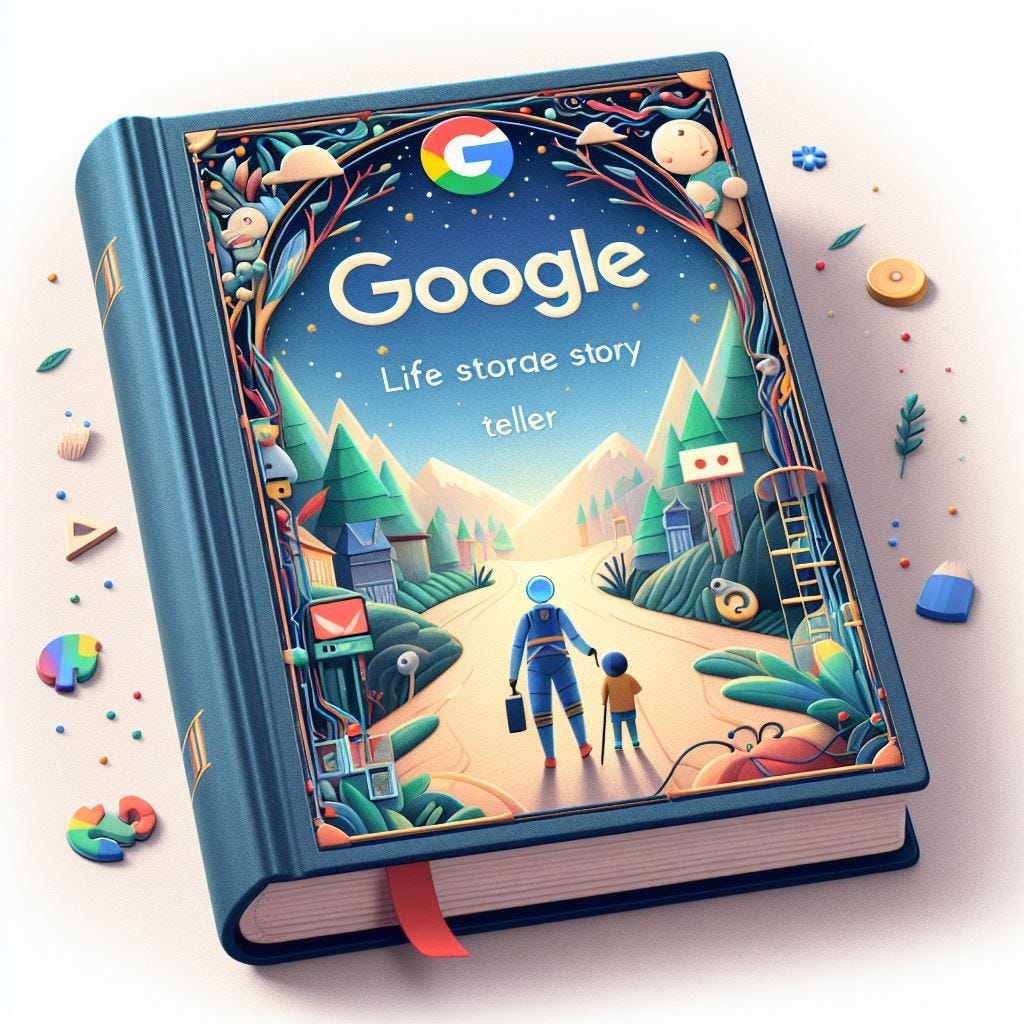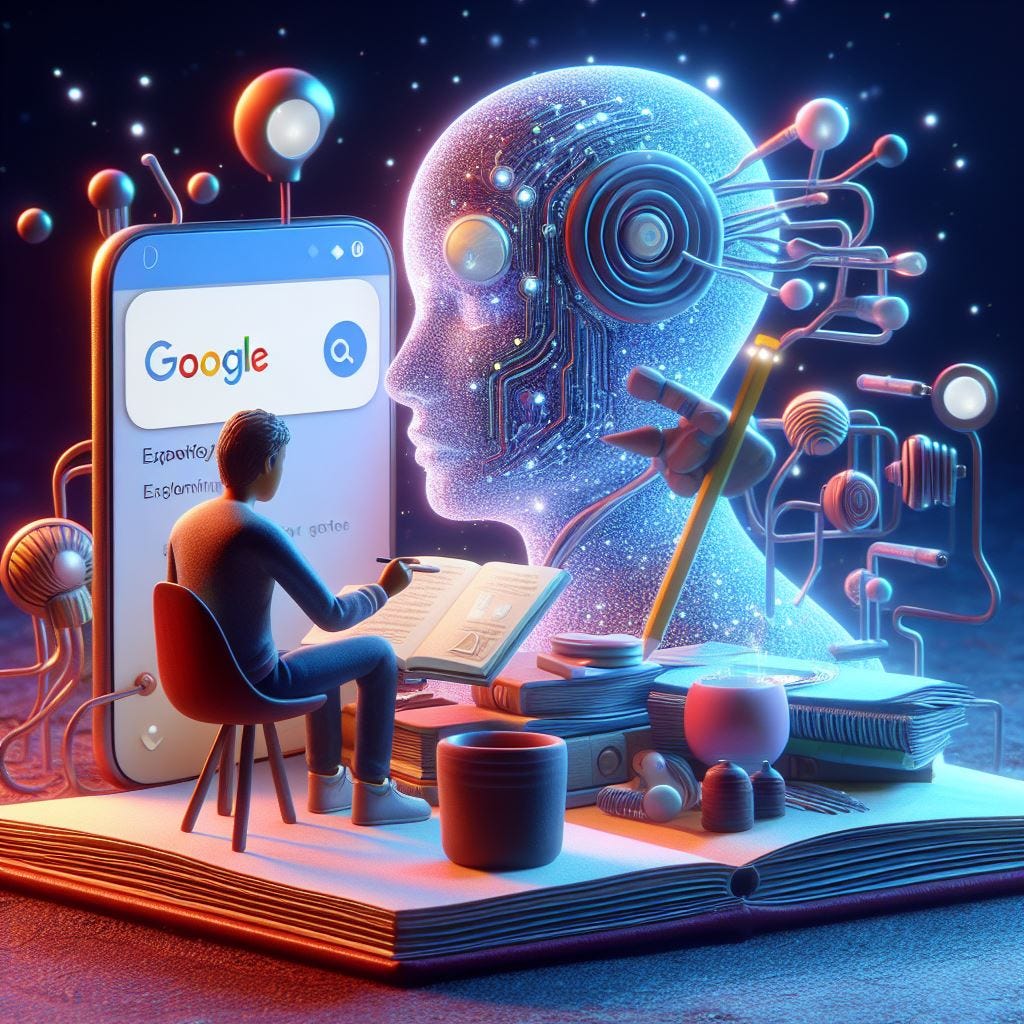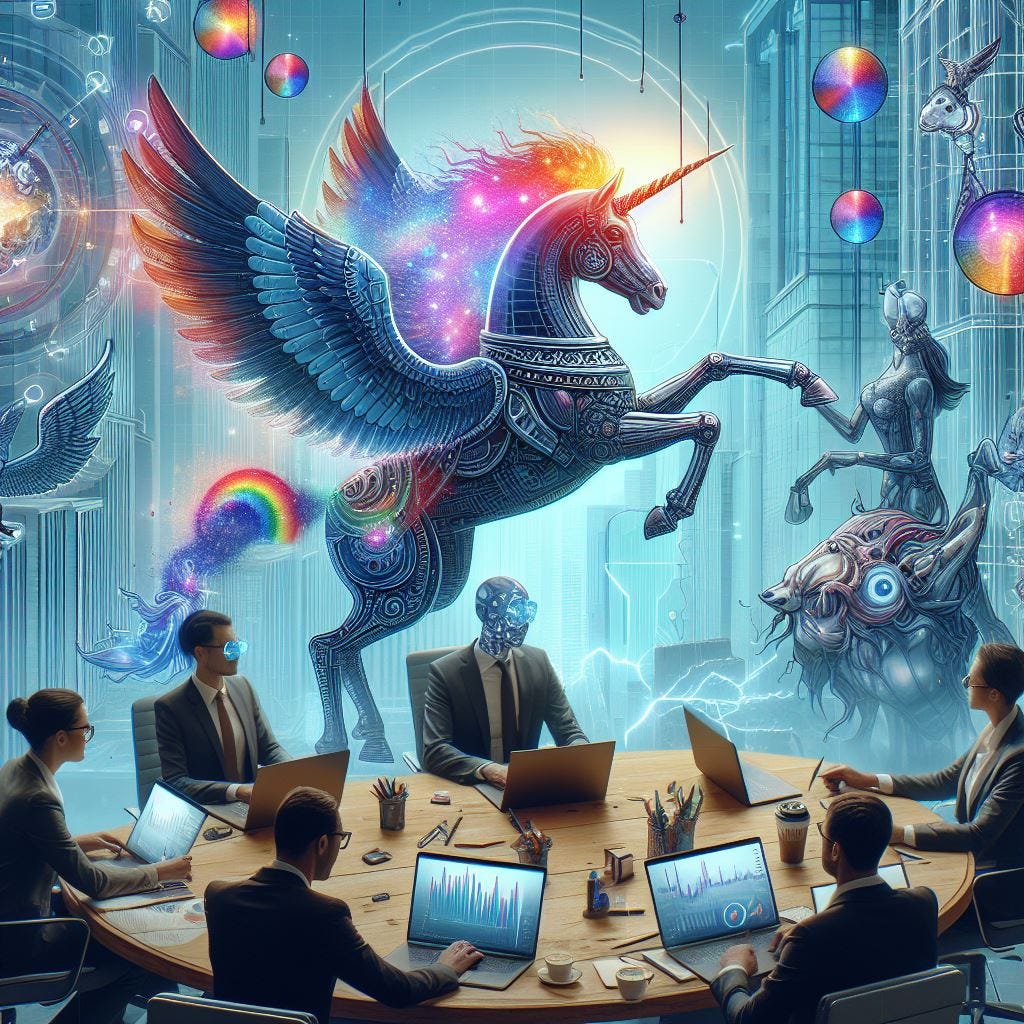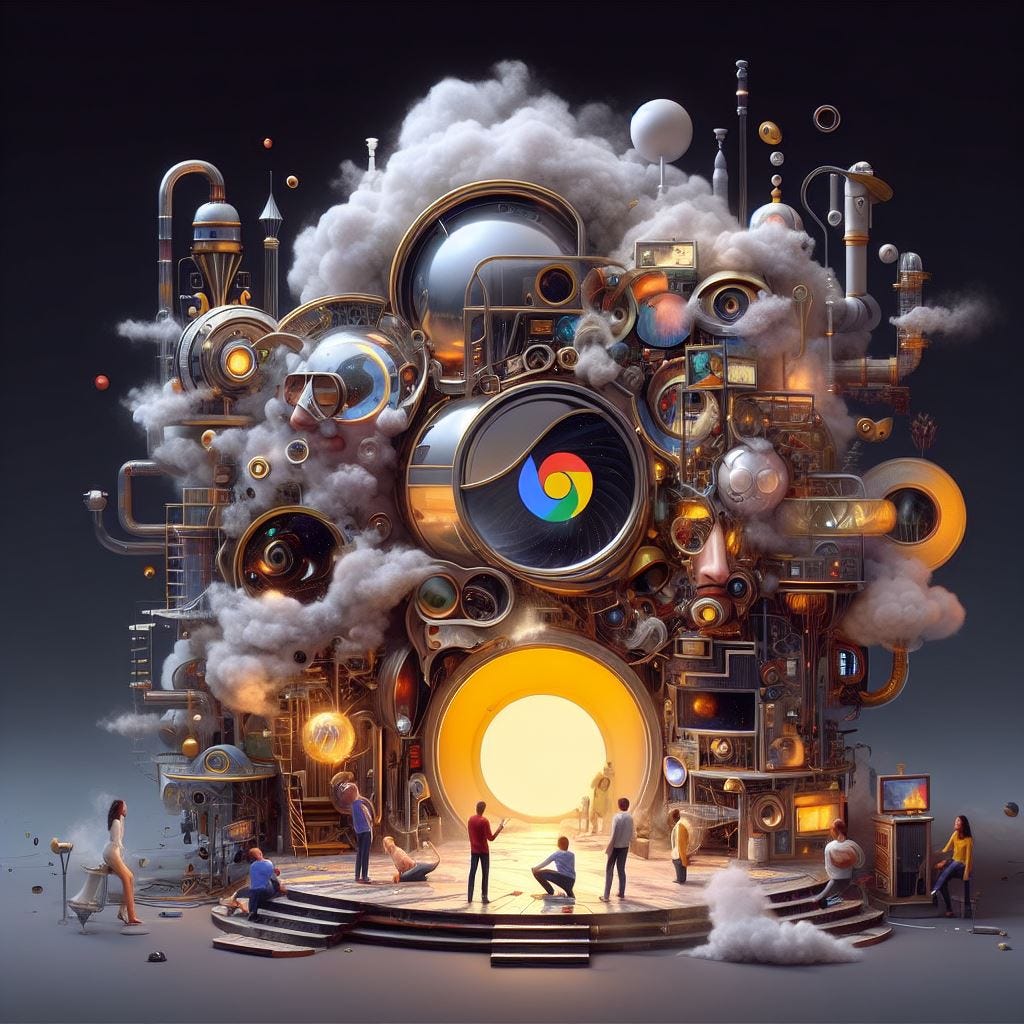Google Brings AI to Life: Personalized Memories, Investment Opportunities, and The Reality Behind the Hype
The Promise and Peril of AI - From Personalized "Life Storytellers" to Hyped Demos, Innovations Showcase Potential While Raising Questions of Responsible Implementation
Google Exploring Personalized 'Life Story Teller' AI
- Google proposing AI system called "Project Ellmann" to create personalized life stories from user data
- Would analyze search history, photos to identify life events, patterns, interests over time
- Use large language models like Gemini to power chatbot to answer questions about user's life
- Aims to provide richer context for photos vs. just labels and metadata
- Part of tech giants' race to build more personalized "memories" offerings
- Raises privacy concerns around personal data and unwanted memories resurfacing
MeasuredRisk Showcases AI-Driven Risk Management on Unicorn Hunters
- MeasuredRisk uses AI/ML to identify supply chain, business risks
- Startup founder presented to investor panel on show Unicorn Hunters
- Seeks funding via show's cryptocurrency Unicoin
- Robust revenue streams and scalable business model
- Chance for startup to access capital and for viewers to invest
Google Admits AI Video Demo Was Edited to Appear More Advanced
- Google Gemini video seems to show AI responding to voice/video prompts
- Google reveals sequences shortened, stills used instead of video
- Wanted to showcase capabilities, inspire developers
- But extent of edits exaggerates real-time reasoning abilities
- Comes amid AI hype, OpenAI leadership drama
- Risks accusations of misleading hype
- Gemini still impressive achievement, but more transparency needed
6 OF THE BEST AI TOOLS
HEADLIME IS THE GO-TO GPT-3 TOOL FOR MARKETERS.
WRITESONIC IS ONE OF THE BEST ARTIFICIAL INTELLIGENCE-POWERED COPYWRITING GPT-3 TOOLS.
Google Exploring Personalized 'Life Story Teller' AI
Google is in the early stages of exploring an AI-powered application named "Project Ellmann" that would create a personalized "life story" for users by analyzing their phone data and photos. The system would ingest a user's Google search results and photos, spot patterns and themes, and use that to build a bird's-eye narrative of the user's life experiences over time. For example, it could identify major life events like university years or becoming a parent, as well as more granular details like favorite foods, interests, and pet ownership. An accompanying chatbot could then answer questions about the user's life by drawing on this longitudinal understanding. The technology aims to provide a richer, more contextual understanding of a user's photos than current labeling and metadata can offer. However, given ethical concerns around personal data and unwanted memories resurfacing, Google would need to carefully consider privacy protections and responsible implementation if this concept were to materialize into an actual product. The idea comes as tech giants race to leverage AI to build more personalized "memory" offerings.
MeasuredRisk Showcases AI-Driven Risk Management on Unicorn Hunters
MeasuredRisk, an AI-driven risk management startup, was recently featured on the investment series Unicorn Hunters. Founded in 2021, MeasuredRisk leverages AI and ML to help global organizations identify and mitigate supply chain, counterparty, and other business risks. Its founder and CEO, Tom Albert, presented to the show's "Circle of Money" - a panel of high-profile investors and business leaders who evaluate investment opportunities. If startups on the show garner interest from the circle, they can receive capital from the show's Unicoin cryptocurrency. With robust existing revenue streams and a scalable business model, MeasuredRisk embodies the type of high-growth, pre-IPO opportunity Unicorn Hunters aims to present to its global audience. The appearance represents a chance for the startup to access funding and for everyday viewers to invest in an innovative company poised for growth.
Google recently published an impressive video showcasing the capabilities of its new AI system Gemini. In the widely-viewed demo, Gemini appears to respond in real-time to spoken and visual prompts, correctly identifying objects and even inventing a game. However, Google has since clarified that the AI was not actually reacting spontaneously in the video. Rather, it was fed a series of still images extracted from the footage along with text explanations to guide its responses.
While the capabilities demonstrated are still advanced, this editing contrasts starkly with the free-flowing dialogue initially presented. Google stated that sequences were shortened and prompts edited to "showcase the range of Gemini's capabilities and inspire developers." However, the extent of these edits calls into question exactly how advanced Gemini's understanding of multimodal inputs like video actually is in real-world conditions.
The exaggerated demo comes on the heels of leadership drama at rival OpenAI and increasing hype around generative AI. By overstating Gemini's spontaneous reasoning abilities, Google risks accusations of misleading hype itself. Still, Gemini remains an impressive technical achievement. For Google, the line between inspiration and misrepresentation may prove difficult to walk as competition intensifies in the AI space. More transparency about the wizardry behind the curtain would serve both Google and the public well.









